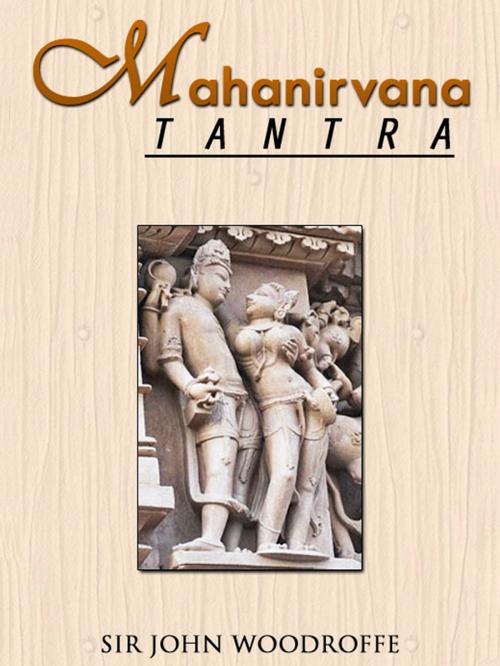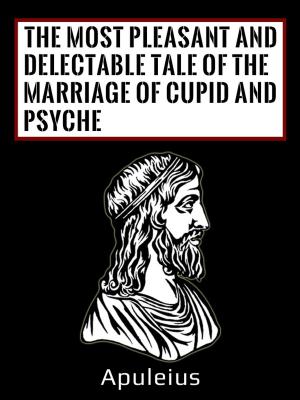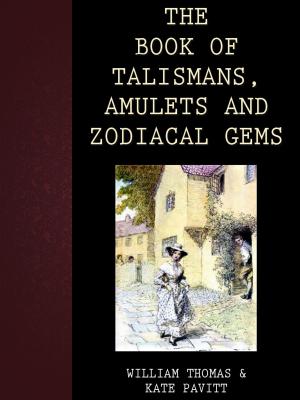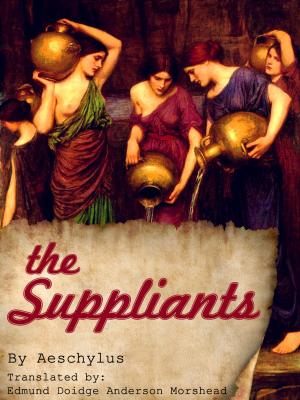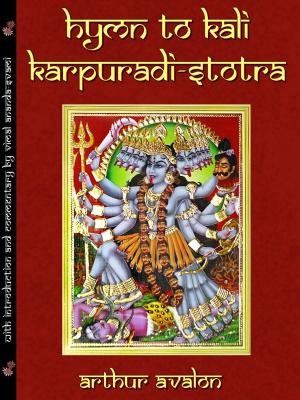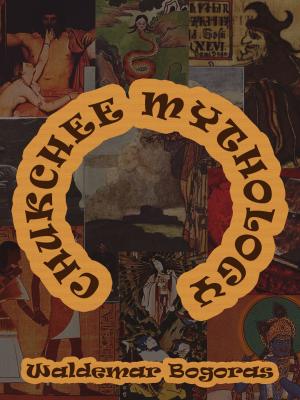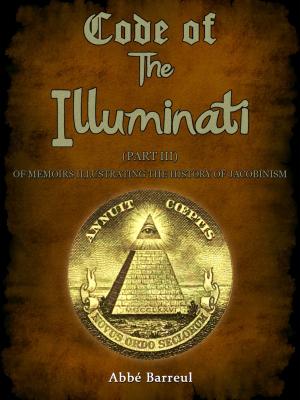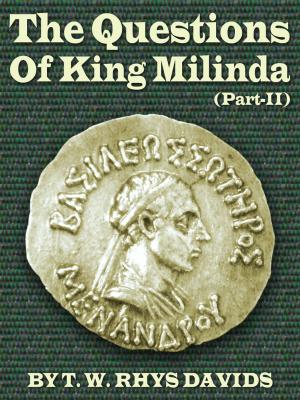Mahanirvana Tantra
Nonfiction, Religion & Spirituality, Eastern Religions, Hinduism, Inspiration & Meditation, Spirituality| Author: | Arthur Avalon | ISBN: | 9781623940300 |
| Publisher: | AppsPublisher | Publication: | August 7, 2012 |
| Imprint: | Language: | English |
| Author: | Arthur Avalon |
| ISBN: | 9781623940300 |
| Publisher: | AppsPublisher |
| Publication: | August 7, 2012 |
| Imprint: | |
| Language: | English |
Mahanirvana Tantra
Translated by Arthur Avalon
The best known of the Tantric scriptures. It was translated by Sir John Woodruffe (under the pseudonym 'Arthur Avalon'), one of the few Indologists to gain direct access to this obscure and secretive branch of Hinduism. Framed as a conversation between the god Shiva and goddess Shaki, this text describes the chakra, or subtle energy structure of the human body, ceremonies, yogic practices and mantras for meditation, and a summary of the Hindu laws (dharma) regarding sexual behavior.
The text of the Mahanirvana Tantra has been suspected to be partially or completely fabricated by Hariharanandanatha to support his reformist views, and apparently dates to the 18th Century A.D. This is not to say that it is invalid, just that it is a comparatively recent text which puts forward an unorthodox branch of Hinduism. This should be kept in mind when reading it.
Draw a triangle with the Maya Vija within it, and around it two concentric circles (the one outside the other). In the space between the two circumferences of the circles draw in pairs the sixteen filaments, and outside these the eight petals of the lotus, and outside them the Bhu-pura, which should be made of straight lines with four entrances, and be of pleasing appearance.
Mahanirvana Tantra
Translated by Arthur Avalon
The best known of the Tantric scriptures. It was translated by Sir John Woodruffe (under the pseudonym 'Arthur Avalon'), one of the few Indologists to gain direct access to this obscure and secretive branch of Hinduism. Framed as a conversation between the god Shiva and goddess Shaki, this text describes the chakra, or subtle energy structure of the human body, ceremonies, yogic practices and mantras for meditation, and a summary of the Hindu laws (dharma) regarding sexual behavior.
The text of the Mahanirvana Tantra has been suspected to be partially or completely fabricated by Hariharanandanatha to support his reformist views, and apparently dates to the 18th Century A.D. This is not to say that it is invalid, just that it is a comparatively recent text which puts forward an unorthodox branch of Hinduism. This should be kept in mind when reading it.
Draw a triangle with the Maya Vija within it, and around it two concentric circles (the one outside the other). In the space between the two circumferences of the circles draw in pairs the sixteen filaments, and outside these the eight petals of the lotus, and outside them the Bhu-pura, which should be made of straight lines with four entrances, and be of pleasing appearance.
